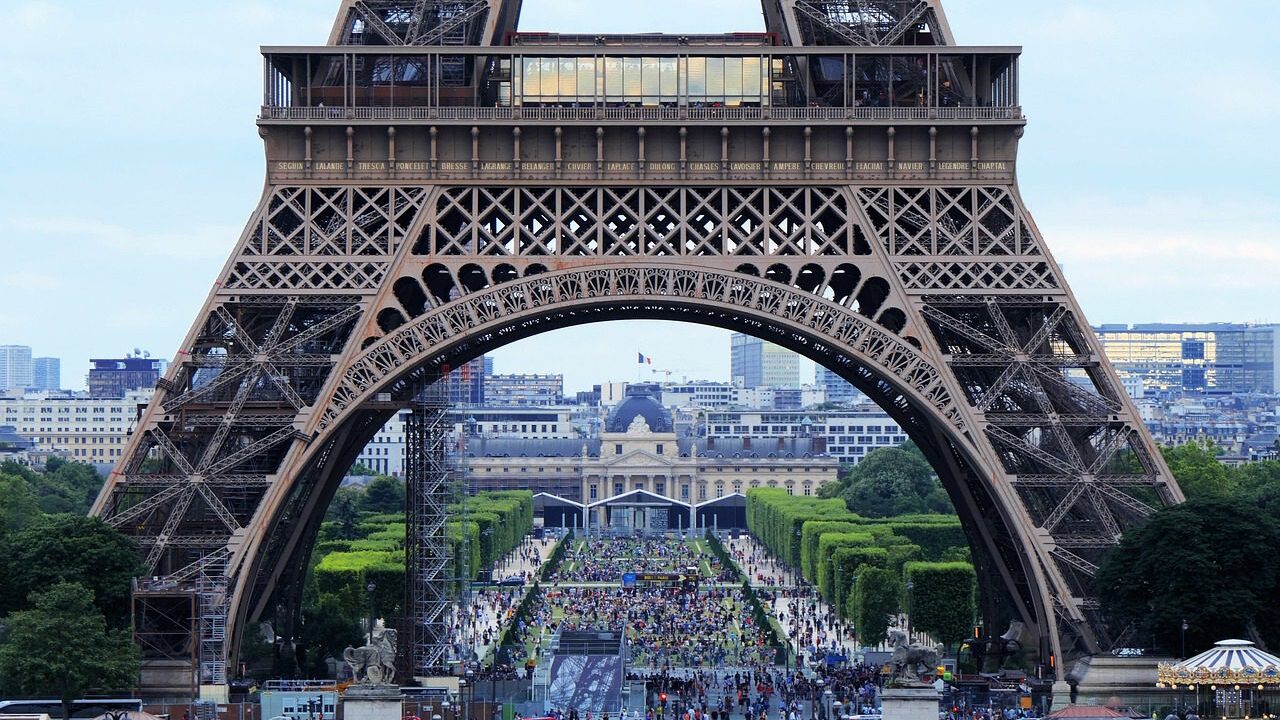
Photo: Phil Riley from Pixabay
French Prime Minister François Bayrou has announced plans to reform an electoral law that critics say gives the Left an unfair advantage in France’s three largest cities. This reform, which many French people have been expecting for a number of years, could radically change the situation in these major cities and allow the Right to return to power.
The Paris-Lyon-Marseille law, or ‘PLM’ law, passed in 1982, is now considered outdated in the French electoral landscape. Introduced as part of the decentralisation drive launched by François Mitterrand’s minister Gaston Defferre, the law stipulates that Parisians, Lyonnais, and Marseillais, whose towns are divided into arrondissements or sectors, do not vote directly for their mayor. Voters in each sector elect a municipal council and a mayor for each sector. In the second stage, the city’s ‘central’ municipal council, which is made up of some of the elected representatives from each sector, is responsible for voting for the mayor of the city—on the model of the U.S. electoral college.
The Left currently holds the cities of Paris and Lyon despite being in the minority in terms of votes, thanks to its ability to exploit this electoral system and to rely on a quorum of electors to lock in the election. The number of central council electors allocated per sector is not proportional to the population and depends largely on political manipulation.
The law is being challenged because it encourages such electoral manoeuvring and considerably diminishes the democratic legitimacy of the mayors who emerge from such a vote. For example, in 2020 Anne Hidalgo was elected mayor of Paris—with dramatic consequences for the state of the city—thanks to this system, which enabled her to obtain a majority on the Paris council responsible for electing the mayor, even though she only received just over 17% of the votes cast by Parisians.
In the midst of discussions on the budget in the National Assembly, the prime minister announced that he wanted to move forward very quickly on the subject and that two MPs would be responsible for presenting a bill for consideration by the National Assembly by March. This would make it possible to change things in time for the next municipal elections due in 2026—although some not in favour of the reform argue that the timeframe is too short to allow it to be implemented by then. The deadline is particularly tight, as jurisprudence dictates that a voting system should not be reformed in the year preceding an election, but this is more a practice than an institutional constraint. Opponents to the reform can be found mainly on the Left, because they know such a move would make their victory all the more difficult for the next mayoral elections.
A few months ago, as the mismanagement of Paris under Anne Hidalgo’s administration and the city’s soaring debt were coming to light ahead of the Olympic Games, there was already talk of reforming the ‘PLM’ law. But the dissolution of the French parliament, the new legislative elections and the difficulties in forming a new government delayed progress. It would appear that it was Emmanuel Macron himself who put the subject back on the table, putting back on the agenda a promise made during his press conference in January 2024: “The only thing I want for Paris is for a voter to have the same rights and to count as much in Paris as in Amiens, Besançon or elsewhere,” Macron said at the time.
The reform of the PLM law could be part of a more general law reforming the electoral system, introducing proportional representation for legislative elections—a long-standing wish of Bayrou’s, even before his appointment as Prime Minister, but also a recurring demand of the Rassemblement National.
